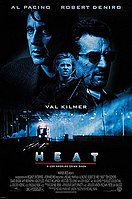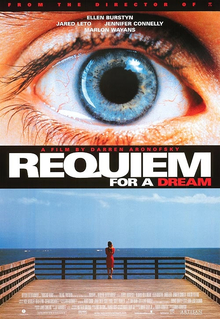Lists







7 Books
Capacità cognitive
Sort by:
Recent Desc
Liked by
More lists by Neoeonone



Introspettivo - rispecchiarsi
List includes: American History X, Heat, Requiem for a Dream
May 2022
0
@veresalexandru946b6956


Books that make you want to live
List includes: Into the Wild, Summary and Analysis of Man's Search for Meaning: Based on the Book by Victor E. Frankl
May 2022
0
@veresalexandru946b6956